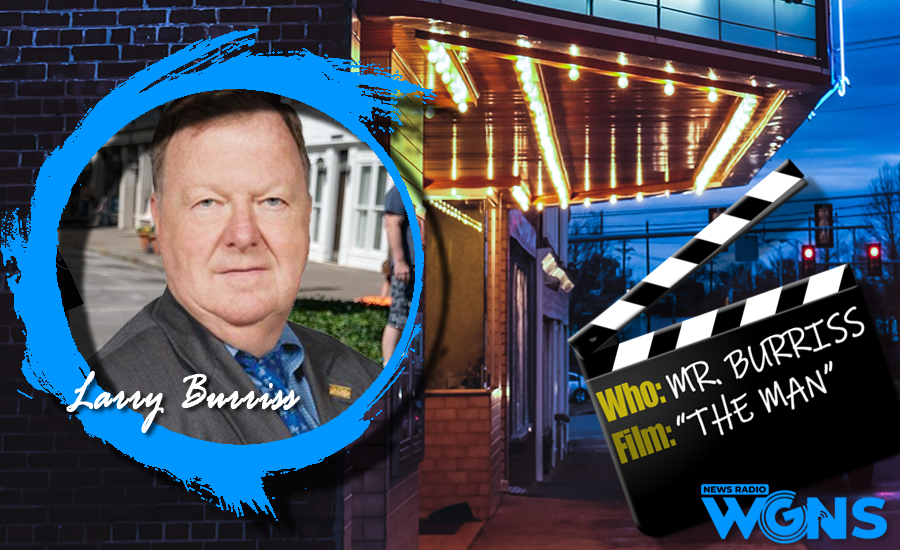In the world of theater, how do producers go about deciding on a sequel and after the second film, when do they decide on producing a part three, four and so on? With more, here is Dr. Larry Burriss, a professor at MTSU…
VERBATIM: "Two often-asked questions in the movie world are, how far can you change the original source material and still be faithful to the original, and which version of multi-version movies is the “real” version?
We saw these questions pondered, and not answered, in the Peter Jackson versions of “Lord of the Rings and “The Hobbit.” At what point could the movies no longer legitimately keep their titles, and which of the multiple versions of the movies themselves can be considered canonical?
This issue is being debated again with Apple TV’s reimagining of Isaac Asimov’s trilogy, “Foundation,” “Foundation and Empire,” and “Second Foundation.” And especially when trying to superimpose 2021 social commentary on a 1940s story.
Central to Asimov’s story is the ascendancy of science and reason over superstition and delusion. But reviewers have tried to link the original to the current debate about “follow the science” and its attendant question, whose science?
And the current ethical debate about cloning? Well, reviewers have pointed out the name of one of the central characters in the book is an emperor named Cleon, whose name is an anagram of “clone.” And in the television series it is a succession of clones, named, oddly enough, Dawn, Day and Dusk.
There is also a terrorist attack that kills millions of people causing the government to crack down on civil liberties.
The allusion to the growth, maturation and destruction of the empire, and the contemporary terrorist attack are about as subtle as being hit by a Mack truck.
Then there is a monolith that just sort of hangs in the sky and obstructs anything coming near it.
All of these probably sound at least somewhat familiar, but nothing even remotely similar is to be found in the Asimov originals.
Of course, any classic literary work of fiction can find relevance today. The problem comes when modern critics try to impose current ideas on stories having no connection with the future.
- I’m Larry Burriss."
About Dr. Burriss
Larry Burriss, professor of journalism, teaches introductory and media law courses. At the graduate level he teaches quantitative research methods and media law. He holds degrees from The Ohio State University (B.A. in broadcast journalism, M.A. in journalism), the University of Oklahoma (M.A. in human relations), Ohio University (Ph.D. in journalism) and Concord Law School (J.D.). He has worked in print and broadcast news and public relations, and has published extensively in both academic and popular publications. He has won first place in the Tennessee Associated Press Radio Contest nine times. Dr. Burriss' publications and presentations include studies of presidential press conferences, NASA photography, radio news, legal issues related to adolescent use of social networking sites, legal research, and Middle Earth.
Dr. Burriss has served as director of the School of Journalism, dean of the College of Mass Communication and president of the MTSU Faculty Senate. He was appointed by Gov. Phil Bredesen to serve on the Tennessee Board of Regents. He was a lieutenant colonel in the U.S. Air Force and served on active duty in Mali, Somalia, Bosnia, Central America, Europe and the Pentagon.


